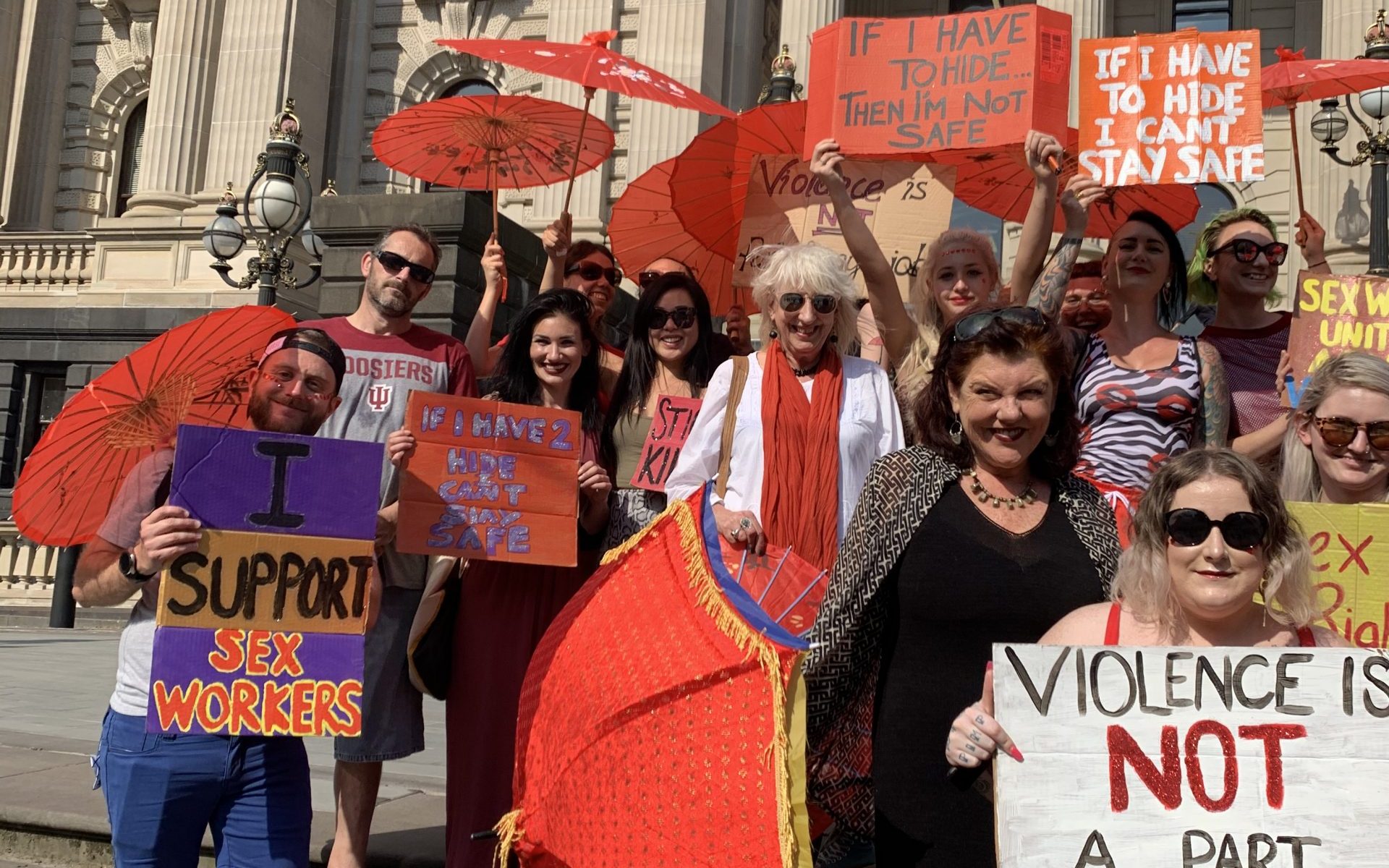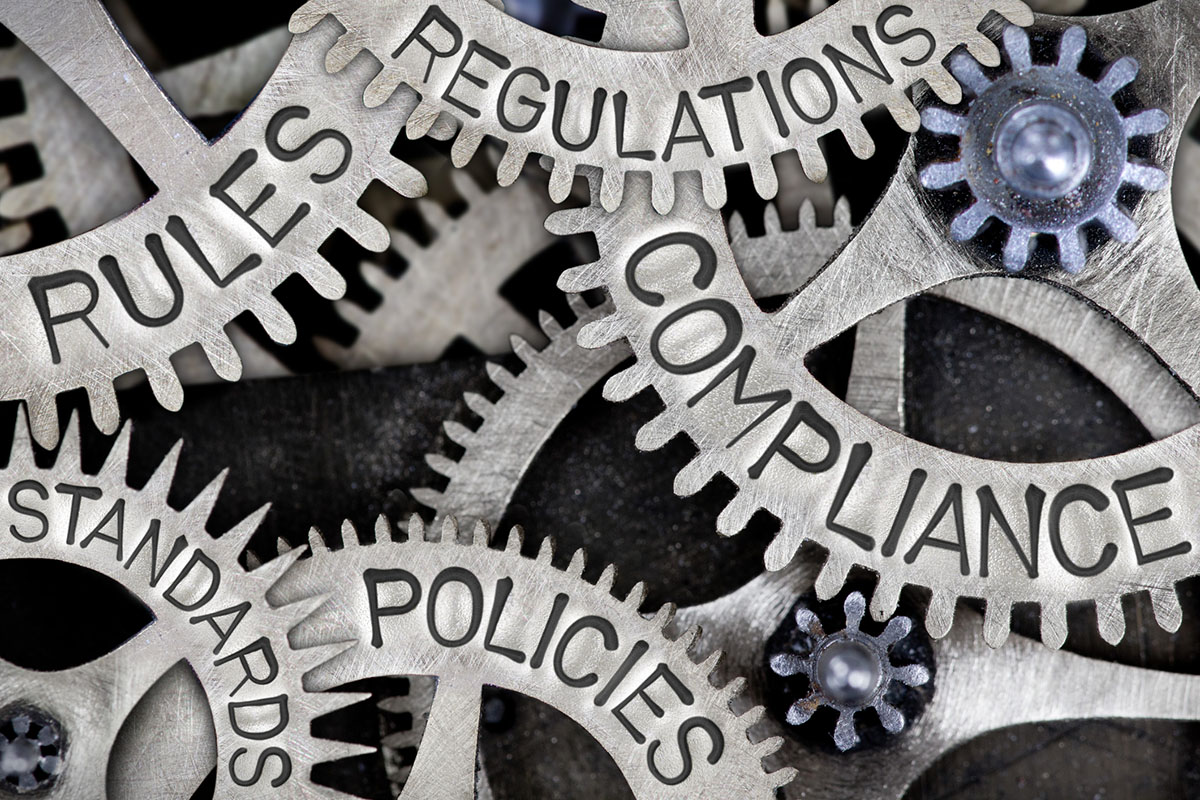Today a Victorian Government press release announced the state would decriminalise sex work via a number of reforms over a two year process. A Discussion Paper and stakeholder consultation was also launched.
Our press release welcomed the announcement, and our campaign now moves to a new phase.
We no longer have to convince people why the state should reform its sex work laws; we need to convince them how to go about it. You see, local government interests often diverge from that of sex workers. We don’t really like being regulated by anyone, as most regulations don’t make us, or the community safer or better off. But if we have to endure regulations, we’d rather have councils than police as the investigating and enforcement authority.
We know the Department of Health, WorkSafe Victoria and local governments will play a greater role.
Do hairdressers ever get asked ‘How far from a church do you think your business should be permitted to operate?’ Sex workers were asked this question in the Discussion Paper. The question alone indicates we may still experience discrimination local planning laws which unnecessarily restrict where we can operate.
Home based sex work businesses and liquor in brothels will likely cause concern in some circles.
This is a fantastic day for sex workers, and for Sex Work Law Reform Victoria. But the fight if far from over; we need to work to ensure the details of the laws will work for sex workers.





